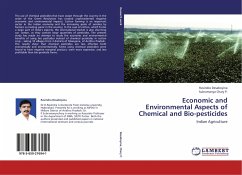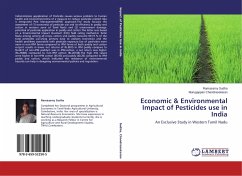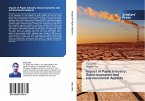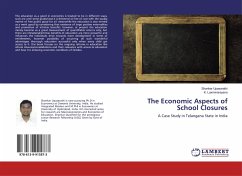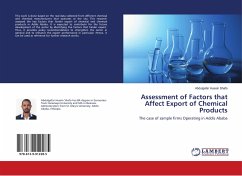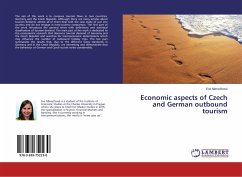The use of chemical pesticides that have swept through the country in the wake of the Green Revolution has created unprecedented negative economic and environmental impacts. Cotton farming is an important sector in the Indian economy and the increasing spate of suicides by farmers is creating panic in the country. In the case of cotton, which forms a large part of India s exports, the international market is also shunning our cotton, as they contain large quantities of pesticides. The present study has made an attempt to study the economic and environmental benefits of using bio pesticides instead of chemical pesticides in cotton crop taking 10 villages from 3 districts of Telangana, of Andhra Pradesh. The results show that chemical pesticides are less effective both economically and environmentally. Farms using chemical pesticides were found to have negative marginal product, were more expensive, and less profitable than bio-pesticide farms.
Bitte wählen Sie Ihr Anliegen aus.
Rechnungen
Retourenschein anfordern
Bestellstatus
Storno

